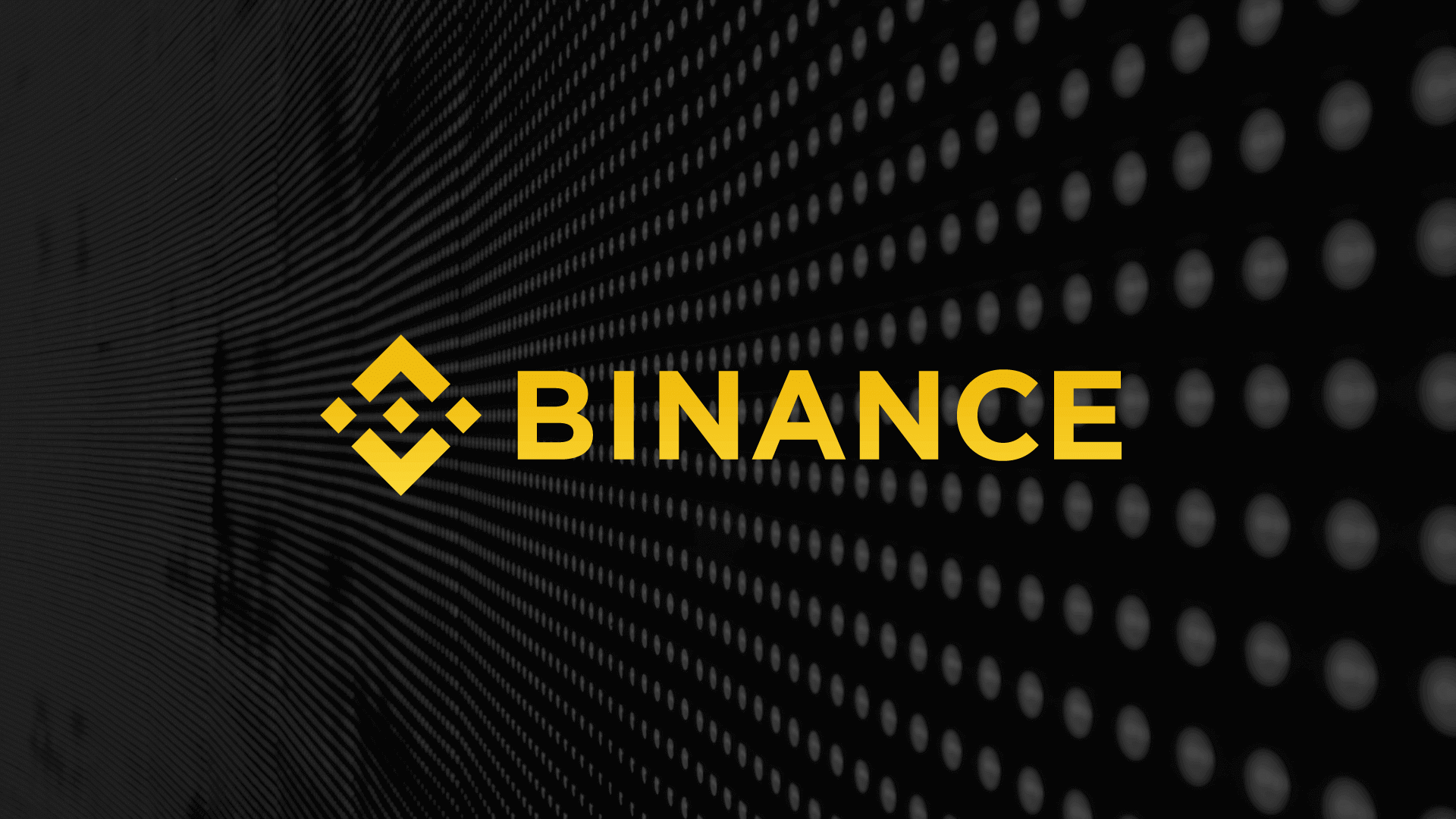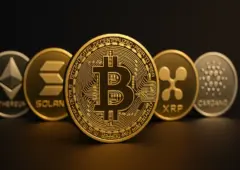Binance Enters Syrian Market as Sanctions Ease
12.06.2025 22:00 1 min. read Alexander Stefanov
Crypto giant Binance has expanded its footprint into Syria, taking swift action after recent U.S. and EU policy shifts cleared the path for engagement.
The exchange now offers full trading access to Syrian users, including spot, futures, and peer-to-peer markets, alongside its Binance Pay remittance service.
The move comes shortly after U.S. Secretary of State Marco Rubio lifted economic sanctions on May 23, followed by the European Union’s decision to drop all remaining restrictions.
With Syria no longer flagged as a restricted region under Binance’s compliance framework, users can now access the platform—provided they complete identity verification via Know Your Customer (KYC) checks.
Syrian traders gain entry to over 300 tokens, including Bitcoin, XRP, Dogecoin, SHIB, Toncoin, and Bitcoin Cash. Binance is also rolling out Arabic-language educational content to help new users understand crypto tools and risks.
This re-entry marks a milestone for the war-torn country, where financial infrastructure has long been strained. With millions of Syrians still abroad and remittances playing a crucial economic role, Binance’s presence could offer a new lifeline for cross-border payments and digital financial access.
-
1
Ross Ulbricht’s Prison Relics Spark Bidding War on Bitcoin Marketplace
01.06.2025 10:00 1 min. read -
2
Google Quantum Breakthrough Sparks New Concerns for Bitcoin Security
28.05.2025 11:00 2 min. read -
3
Can Real-World Assets Rescue the NFT Lending Market?
29.05.2025 8:00 1 min. read -
4
President Trump’s CFTC Pick Discloses Millions in Crypto
29.05.2025 10:00 2 min. read -
5
BlackRock Eyes Major Stake in Circle’s IPO Amid Surging Demand
01.06.2025 17:30 1 min. read
Tether Makes a Golden Move: Snaps Up One-Third Stake in Elemental Altus
Tether, the company behind the world’s largest dollar-pegged stablecoin, has quietly expanded its footprint into the precious-metals sector.
Crypto Market Outlook Strengthens as U.S. Economic Clouds Begin to Clear
Bitcoin and broader crypto markets may be entering a stronger phase heading into the second half of 2025, as macroeconomic risks ease and investor sentiment improves.
Pakistan Turns Unused Power Into Bitcoin and AI Infrastructure
Pakistan has found an unexpected use for the electricity it routinely leaves untapped: power thousands of Bitcoin rigs and AI servers.
Cardano Considers Crypto Wealth Fund to Supercharge DeFi
Cardano’s leadership is floating an unconventional idea: turn part of the project’s war chest into a revenue-generating portfolio that holds Bitcoin and USD-pegged tokens.
-
1
Ross Ulbricht’s Prison Relics Spark Bidding War on Bitcoin Marketplace
01.06.2025 10:00 1 min. read -
2
Google Quantum Breakthrough Sparks New Concerns for Bitcoin Security
28.05.2025 11:00 2 min. read -
3
Can Real-World Assets Rescue the NFT Lending Market?
29.05.2025 8:00 1 min. read -
4
President Trump’s CFTC Pick Discloses Millions in Crypto
29.05.2025 10:00 2 min. read -
5
BlackRock Eyes Major Stake in Circle’s IPO Amid Surging Demand
01.06.2025 17:30 1 min. read


